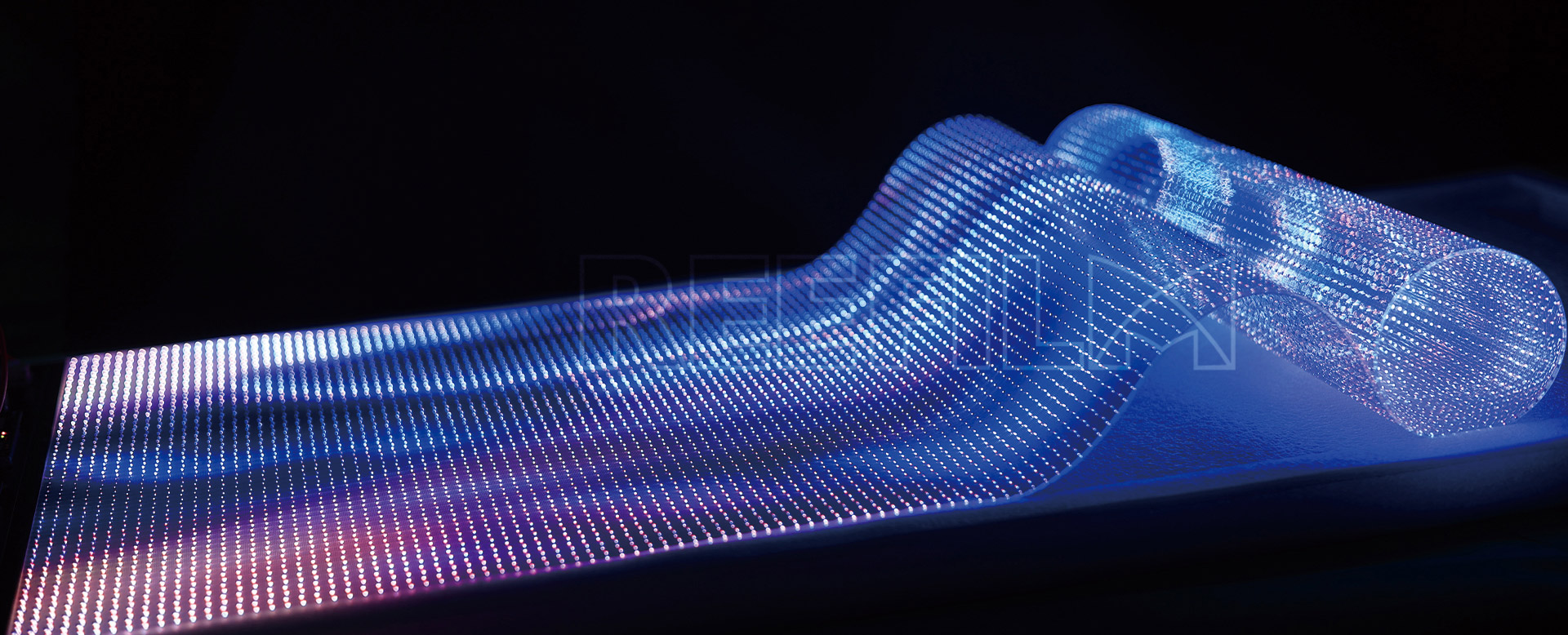
The P10 Led Display is a high-performance outdoor digital signage solution characterized by its 10mm pixel pitch, making it ideal for medium-viewing-distance applications. This display technology utilizes SMD 3535 LEDs or DIP LEDs with a typical brightness range of 6000-8000 nits, ensuring excellent visibility even in direct sunlight conditions. The modular design typically features 32×16 pixels per module with standard dimensions of 320mm × 160mm, allowing for flexible configuration of display sizes.
P10 displays deliver 6000-8000 cd/m² brightness with a 4000:1 contrast ratio, maintaining clear visibility in various lighting conditions. The 160° horizontal and 140° vertical viewing angles ensure wide audience coverage without color distortion.
With a 10mm pixel pitch, P10 modules provide 10,000 pixels per square meter. Each pixel typically consists of 1R1G1B (red, green, blue) LEDs with 256 gray levels, enabling 16.7 million color reproduction for vibrant, true-to-life images.
Advanced P10 displays feature a ≥1920Hz refresh rate with 1/4 or 1/8 scan technology, eliminating flickering and ensuring smooth video playback. The ≥60fps frame rate guarantees seamless motion representation.
Typical power consumption ranges from 600-800W per square meter at maximum brightness, with 5V DC power supply per module. Advanced models incorporate auto-brightness adjustment to reduce energy usage by up to 30% in low-light conditions.
Designed for outdoor use, P10 displays operate within -20°C to +60°C temperature range with IP65 waterproof rating. The 50000-hour lifespan (to 50% brightness) ensures long-term reliability with minimal maintenance.
P10 displays are extensively used for billboards, shopping mall promotions, and roadside advertising due to their high brightness and weather resistance. Their 10mm pitch provides optimal visibility at 10-50 meter viewing distances.
Ideal for transportation hubs, stadiums, and public squares, P10 screens effectively display real-time information, schedules, and emergency alerts to large audiences.
Concert venues and corporate events utilize P10 displays as dynamic stage backdrops, leveraging their high refresh rates for smooth video playback and wide viewing angles for audience coverage.
Shopping centers and hotels implement P10 displays for wayfinding, promotions, and digital menus, benefiting from their vibrant colors and sunlight readability.
Bus stations and airports deploy P10 screens for timetables, route information, and safety messages, taking advantage of their 24/7 operation capability and low maintenance requirements.
Clean display surfaces every 2-3 months using a soft brush for dust removal and isopropyl alcohol (70% concentration) for stubborn stains. Never use abrasive cleaners or high-pressure water jets.
Inspect power connections and cables quarterly for signs of wear. Verify voltage stability (maintaining 5V ±0.2V) and check grounding resistance (<4Ω) annually.
Ensure proper ventilation behind the display (minimum 20cm clearance) and verify sealing gaskets are intact before rainy seasons. In extreme temperatures, monitor brightness levels as LED efficiency varies with ambient conditions.
Monthly visual inspections should check for dead pixels (tolerable limit: ≤0.0003) and color consistency across modules. Replace malfunctioning modules promptly to prevent cascading failures.
Regularly update control software and firmware to maintain optimal performance. Implement content scheduling to prevent static image burn-in (limit static content to ≤2 hours continuously).
Daily: Visual inspection for obvious defects
Weekly: Test all display modes and content transitions
Monthly: Comprehensive electrical and pixel check
Quarterly: Thorough cleaning and connection tightening
Annually: Professional calibration and environmental testing
For partial display failure, first check module connections and power supply. Color inconsistency may require white balance recalibration. Flickering issues often relate to refresh rate settings or grounding problems. Always maintain spare modules (5-10% of total) for quick replacement.
Previous: Flexible Led Display Panel
Next: P6 Led Screen